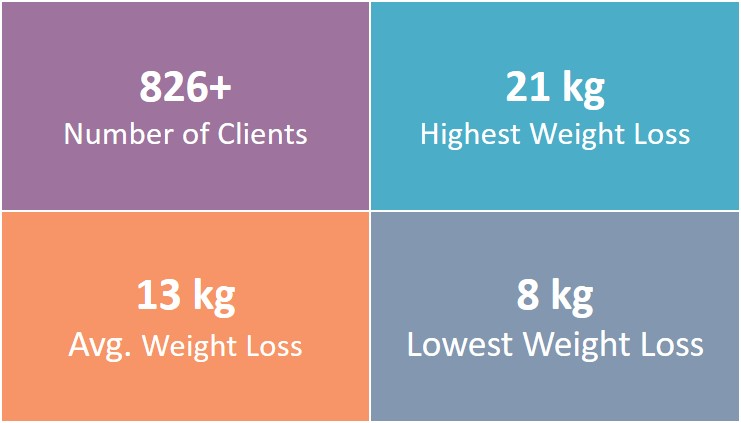The concept of “one-size-fits-all” rarely applies when it comes to nutrition. Each individual has unique dietary needs and preferences, and tailoring your diet to fit your specific requirements can be a powerful tool for achieving optimal health and well-being. By paying attention to the significance of healthy diet plan Dubai, you can make better decision about your meal.
Understanding personalized meal plans
Personalized meal plans are dietary strategies designed to suit your individual needs, taking into account factors like your age, gender, activity level, dietary restrictions, and health goals. These meal plans can be crafted by a registered dietitian or nutritionist and are based on a thorough evaluation of your dietary history and current health status.
Why personalized meal plans matter
Whether you aim to lose weight, manage a medical condition, or simply maintain good health, a personalized meal plan can provide you with the guidance and structure needed to reach your goals. It ensures that your diet aligns with your specific health objectives.
Personalized meal plans help you achieve optimal nutrition. They ensure that you get the right balance of macronutrients (carbohydrates, proteins, and fats) and micronutrients (vitamins and minerals) based on your requirements.
Everyone has different dietary preferences and restrictions. Personalized meal plans can accommodate these, making it easier to follow a diet that suits your taste and lifestyle while still meeting your nutritional needs.
For those looking to manage their weight, a personalized meal plan can help create a calorie deficit for weight loss or a calorie surplus for muscle gain. It can also address specific weight-related concerns, such as portion control and emotional eating.
Individuals with medical conditions like diabetes, hypertension, or celiac disease require specialized dietary approaches. Personalized meal plans can address these conditions and help manage symptoms effectively.
If you have food allergies or sensitivities, your meal plan can be tailored to exclude problematic foods while ensuring you receive essential nutrients from alternative sources.
The process of personalization
Creating a personalized meal plan typically involves the following steps:
A registered dietitian or nutritionist will assess your current dietary habits, medical history, and health goals.
Based on your objectives, your calorie needs and macronutrient ratios are determined.
